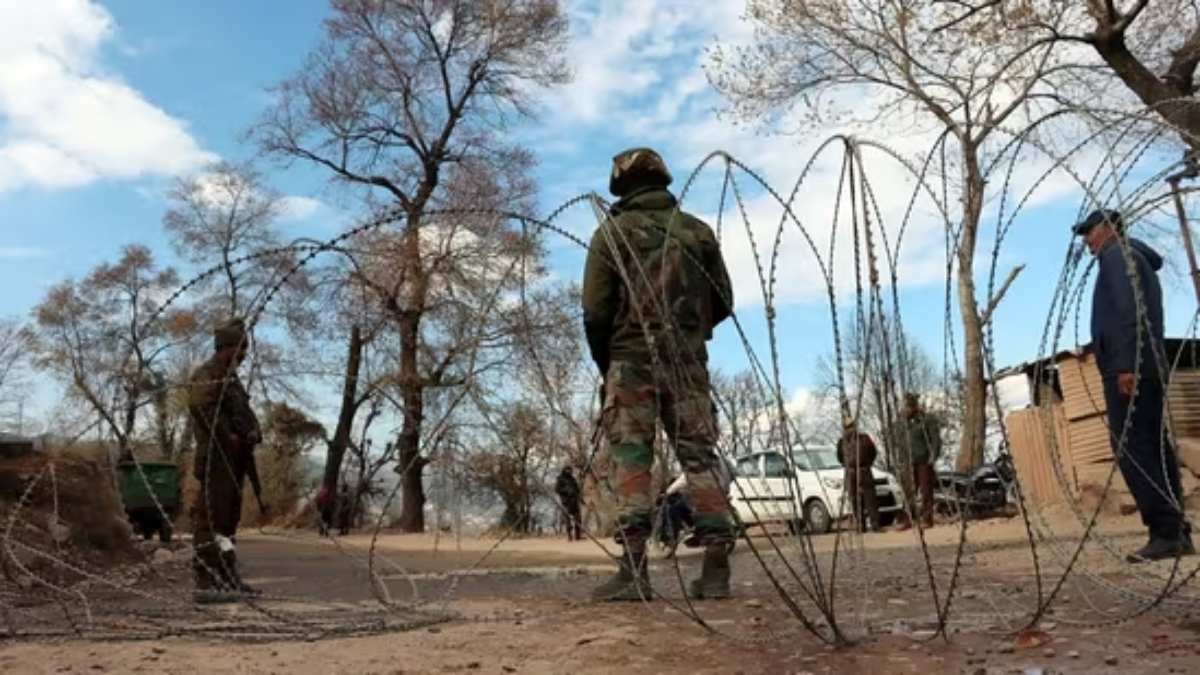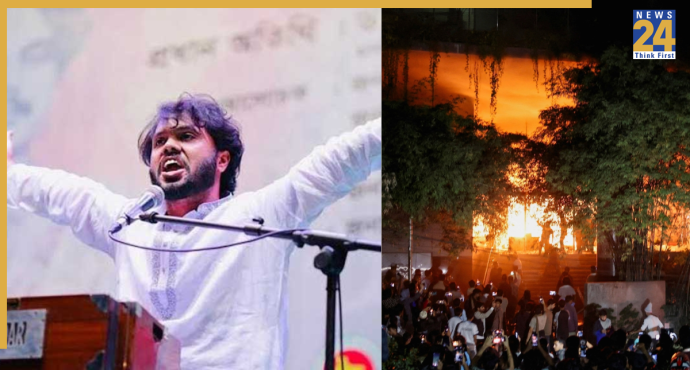The recent spate of targeted killings in Jammu and Kashmir, including the October 20 terror attack in Ganderbal – the assembly constituency of Chief Minister Omar Abdullah – in which six construction workers and a doctor lost their lives, poses a big challenge to the newly-elected National Conference (NC) government and the security setup in the Union Territory. The dastardly attack, for which The Resistance Front (TRF), an offshoot of the Pakistan-based Lashkar-e-Taiba (LeT), has claimed responsibility, raises serious questions about the possible revival of terrorism in Jammu and Kashmir (J&K), especially at a time when efforts are underway to restore its statehood.
This incident not only highlights the vulnerability of non-local workers but also tests the security mechanism under the Omar Abdullah-led coalition government and the Centre.
Revival Of Militancy In J&K?
The terror attack on non-locals in Ganderbal, one of the deadliest on civilians in recent years, signals that the Pakistan-backed terror outfits are trying to regroup themselves and reclaim the lost ground. Since the abrogation of Article 370 in 2019, the region has seen a shift in militant strategies, with an increased focus on targeting civilians, particularly non-local labourers and workers involved in various development projects. The TRF’s involvement in the Ganderbal incident also indicates a strategic attempt to rekindle militancy in areas that had been largely peaceful over the last decade.
The possible revival of militancy poses significant risks, not only to the lives of civilians but also to the region’s economic stability and development initiatives. The latest killing of migrant workers engaged in crucial infrastructure projects undermines the narrative of “normalcy” that the Centre has sought to promote to validate its move to scrap J&K’s special status. It also points to a broader agenda by terror groups to disrupt peace and stability in the region and deter non-locals from participating in the process of development.
Acid Test For Centre & J&K Govt
The cowardly attack places both the Narendra Modi-led NDA government at the Centre and the Omar Abdullah government in a precarious position. The Centre’s policies in J&K, particularly the decision to revoke Article 370 and bifurcate the state into Union Territories, were intended to curb militancy and integrate the region more closely with the rest of India. However, the recurrence of such incidents indicates that terrorism continues to thrive, with potential backing from across the border.
For the newly elected NC government, the terror attack challenges its authority and ability to maintain law and order. Chief Minister Omar Abdullah was swift in condemning the “dastardly and cowardly” attack which also underscores the seriousness of the situation, but words alone may not be enough to reassure the ordinary Kashmiris. The government must swiftly address the security lapses that allowed this incident to occur, especially in an area that had not witnessed significant militant activity in recent times.
A Shift In Terror Tactics?
The frequency and nature of recent attack on non-locals suggest an apparent shift in the tactics of terror groups active in Kashmir. The focus appears to have shifted towards creating an atmosphere of fear and instability through targeted civilian killings, particularly of non-locals, rather than direct confrontations with security forces. This strategy serves multiple purposes – it discourages non-locals from coming to or working in Kashmir, disrupts economic activity, and puts pressure on the government to either negotiate or concede ground on certain issues.
The attacks could also be seen as a response to the ongoing counter-terrorism measures by the Centre that have largely dismantled the terror network. With security forces intensifying anti-terror operations, groups like TRF may be opting for softer targets to maintain their relevance and continue their agenda of destabilization.
An Alarm For Security Agencies
The Ganderbal terror attack raises an alarm for security agencies operating in the region. There is an urgent need for a reassessment of the current security situation, particularly in high-risk zones such as areas where infrastructure projects are in progress and regions with mixed populations of locals and non-locals.
The present situation warrants an enhanced intelligence-sharing, community-based security measures, and proactive counter-terror operations to prevent future attacks. Additionally, a multi-layered approach involving the local police, the Indian Army, Central Armed Police Force and specialized counter-terrorism units like the National Investigation Agency (NIA) is crucial for dealing with the evolving threat.
Winning Trust Of Kashmiris
To restore peace in J&K, the central and state governments must work not just to find a security solution, but a socio-political one. While the restoration of statehood is a step in the right direction, efforts must also be made to address the grievances of the local population and ensure their participation in governance. The central government’s policies must be seen not only as measures for integrating J&K with the rest of India but also as actions that genuinely uplift the lives of its people. Developmental projects, economic opportunities, and political engagement need to be backed by a strong security framework to protect those who choose to participate in the region’s progress.
The recent terror attack is a grim reminder that militancy in Kashmir is not merely a law-and-order issue but a vexed issue influenced by historical, geopolitical, and socio-economic factors. The path to lasting peace in the Kashmir Valley requires a comprehensive approach that combines strong security measures with efforts to win the hearts and minds of the people. Only then can J&K truly emerge from the shadows of militancy and move towards a stable and prosperous future.













